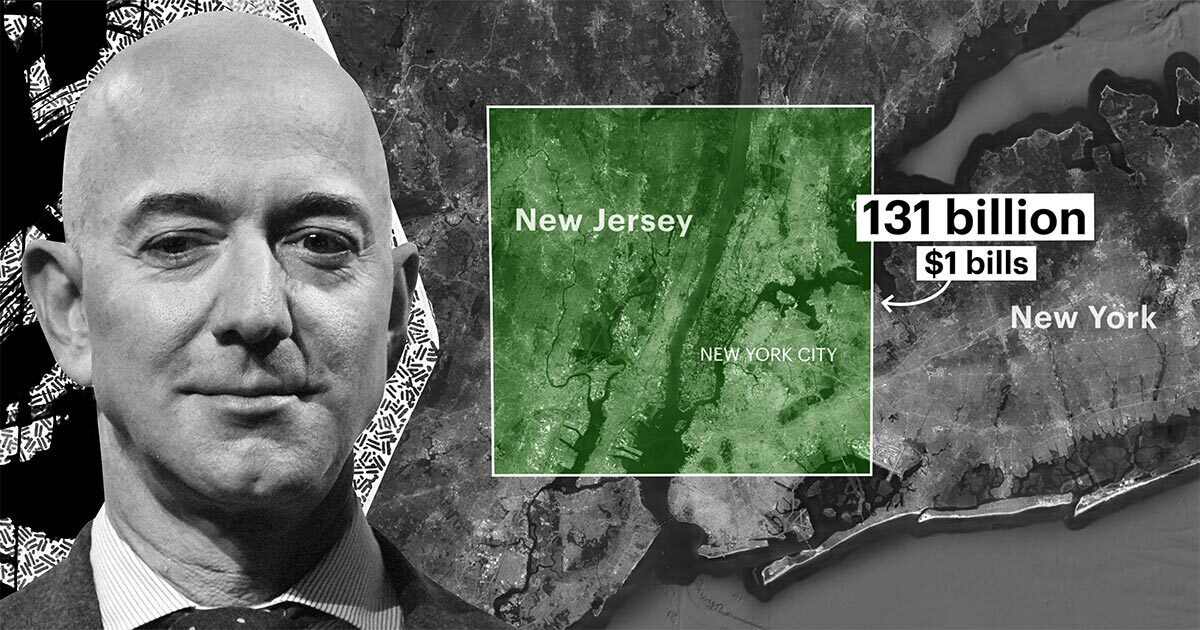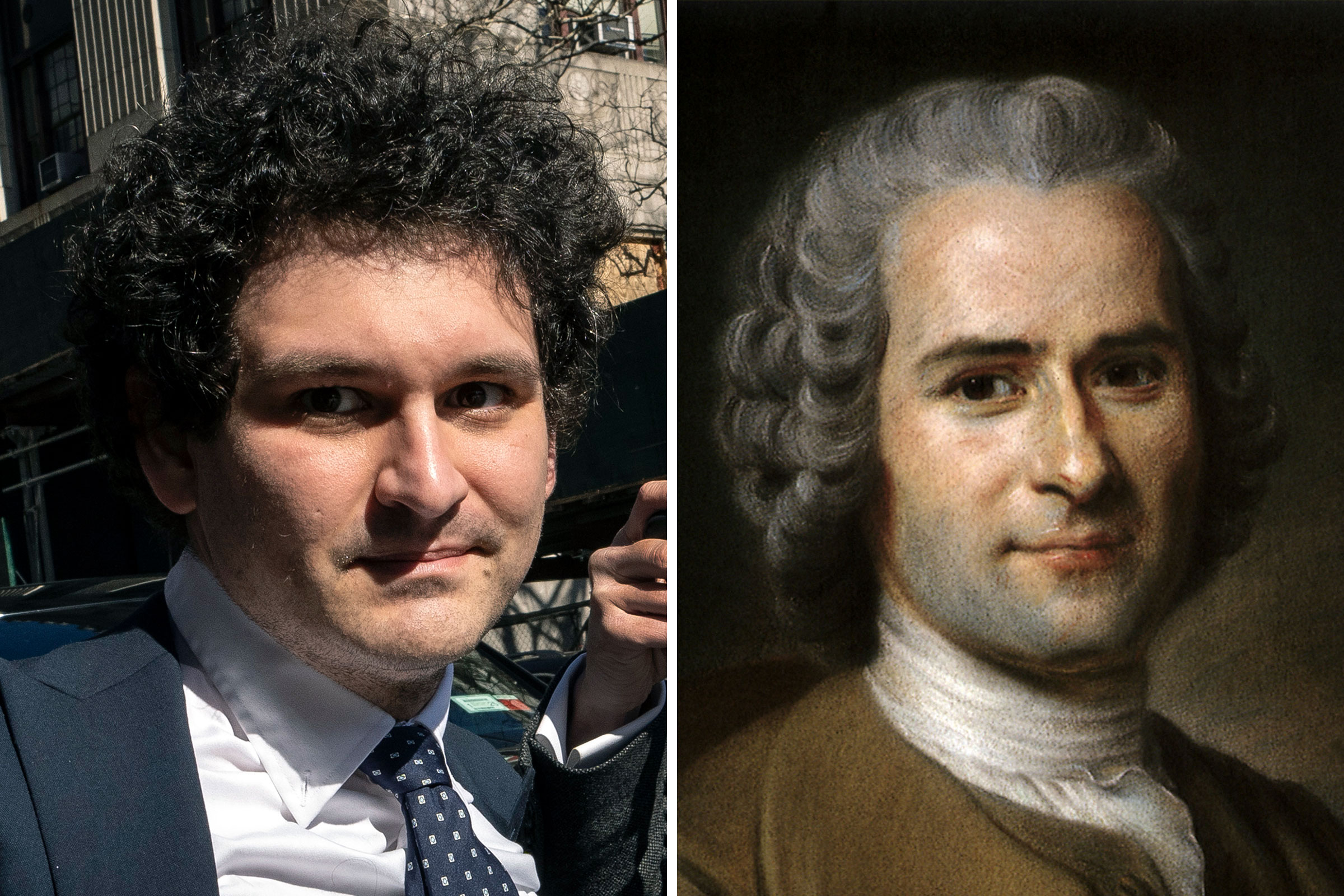5fish
Well-Known Member
- Joined
- Jul 28, 2019
- Messages
- 10,708
- Reaction score
- 4,558

Is philanthropy a threat to democracy?
“Big donor philanthropy ... is an exercise of power. It is a form of power that is unaccountable, low on transparency, donor directed, and by default perpetual.”
snip...
Big donor philanthropy ... is an exercise of power. It is a form of power that is unaccountable, low on transparency, donor directed, and by default perpetual
snip...
Giving to charity can be a good thing. Philanthropists fund programs in the arts, education, healthcare, civil rights and the environment. And there’s benefit to having both tax money and philanthropic money directed toward public services to feed and clothe the poor. After all, philanthropic charities and religious organizations fund critically important endeavors, such as malaria research or the operation of soup kitchens and homeless shelters across the nation. Some argue that philanthropy can address issues that would otherwise go unattended, precisely because the donors aren’t limited by public opinion
snip...
“Big donor philanthropy ... is an exercise of power — the attempt to direct private assets toward some public purpose,” wrote Reich. “It is a form of power that is unaccountable, low on transparency, donor directed, and by default perpetual. Big philanthropy is a plutocratic element in democratic society.”
snip...
From the earliest moments in which modern philanthropy emerged in the United States, there were concerns about the relationship between democracy and philanthropy,” said Ben Soskis, a historian and research associate at the Center on Nonprofits and Philanthropy at the Urban Institute, a Washington, D.C.-based think tank. “There were always concerns about concentrated power, and how that power was expressed in charitable institutions.”
Here is this...

Against Big Philanthropy
Philanthropy sounds nice, but it’s still a tax-sheltered way that plutocrats exercise power, says Stanford's Rob Reich.
snip...
“Big Philanthropy is definitionally a plutocratic voice in our democracy,” Reich told me, “an exercise of power by the wealthy that is unaccountable, non-transparent, donor-directed, perpetual, and tax-subsidized.”
snip...
“A hundred years ago, there was enormous skepticism that creating a philanthropic entity was either a way to cleanse your hands of the dirty way you’d made your money or, more interestingly, that it was welcome from the standpoint of democracy,” Reich told me at the Aspen Ideas Festival, which is co-hosted by the Aspen Institute and The Atlantic. “Because big philanthropy is an exercise of power, and in a democracy, any form of concentrated power deserves scrutiny, not gratitude.”
snip...
First, big foundations are unaccountable. They answer neither to voters or to marketplace competition.
Second, they do not have to be transparent. They file one tax form. The $8 billion Simons Foundation International doesn’t even have a website.
Third, they are donor-directed. The employees—the people on the ground— “can’t determine the mission” of the organization
Fourth, the donor’s intent must be respected even when the donor has died. Societies grow and change, but the mission defined by the creator of the foundation remains the mission in perpetuity
And fifth, on top of all this, foundations are tax-subsidized. “We’re at a moment in American society in which the winners in the marketplace attempt to diminish their tax burdens, both corporately and individually, as low as they can legally go,” Reich told me. “Then having diminished their tax burden as low as it can go, they turn around and set up a private foundation, taking a further tax break.”
snip...
“Instead of extending our enormous gratitude to the greatest philanthropists among us as these icons of civic beneficence, we should be scrutinizing and criticizing them,” Reich said. “Not because philanthropy is necessarily bad, but because it is an exercise of power.”
snip...
Reich does have some hope for the foundations—a suggestion for how they could do their work in ways that benefit democracies like ours. “Foundations,” he said, “should be making long-time-horizon, risky experiments in social innovation that the government won’t do and the marketplace is unlikely to do.”











